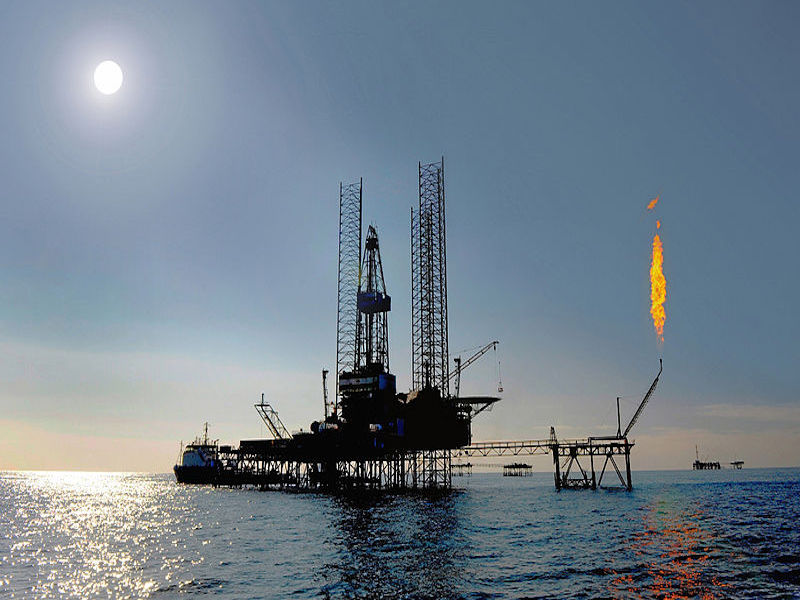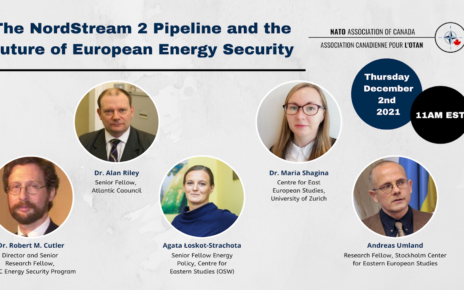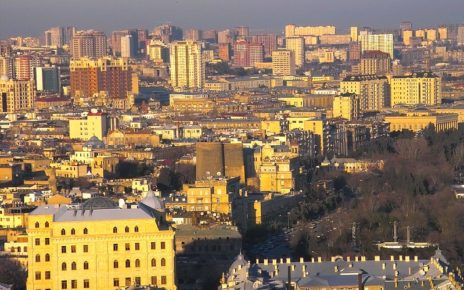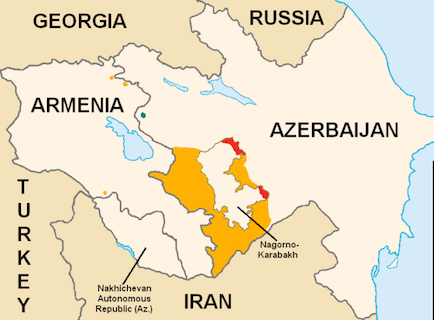The President of Turkmenistan Gurbanguly Berdymuhamedow has held discussions with the president of the State Oil Company of the Azerbaijani Republic (SOCAR) on the development of the newly-renamed Dostluk hydrocarbon field.
Baku and Ashgabat made a major breakthrough earlier this year when they signed a landmark agreement to jointly develop the field, which spans the border between the two countries’ maritime zones in the Caspian Sea. The agreement ended a 30-year dispute between Azerbaijan and Turkmenistan as to which country had the rights to develop the field, formerly known as Kepez in Azerbaijan and Sardar in Turkmenistan. Dostluk (“Dostlug” in Turkmenistani) means “friendship”.
The new discussions build upon the two countries’ Memorandum of Understanding (MoU), signed on January 21 of this year, agreeing on the terms for their joint exploration and development of the field. The new discussions have taken place in the framework of the Oil and Gas of Turkmenistan 2021 International Investment Forum in Ashgabat.
Most participants attended only virtually, but a key Azerbaijani figure made the trip to attend in person. “In this phase,” said Elshad Nassirov, SOCAR’s vice president for investment and marketing, the company “aims to reach additional markets and transit gas from additional locations, as well as developing Azerbaijan’s gas resources.”
Three events in the last three years now make this prospect more realistic than it had been in the past. These are the completion and opening of the Southern Gas Corridor in May 2018, the August 2018 signature of the Convention of the Legal Status of the Caspian Sea and the end-result of the Second Karabakh War, which concluded in November 2020.
Nassirov indicated that gas can come from Turkmenistan or even Israel, while the SGC could be used to send gas into new markets in the Balkans as well as Italy where it currently lands. The reference to Israel concerns the project, now lain aside on the drawing-boards after several years of study, to take Israeli offshore gas onshore to Turkey by undersea pipeline, from where it could enter the Trans-Anatolian Natural Gas Pipeline (known by its Turkish initials, “TANAP”), of which SOCAR is the majority stake-holder and operator.
The seriousness of the Azerbaijani interest is indicated not just by Nassirov’s physical presence but also that of SOCAR president Rovnag Abdullayev, who arrived in Ashgabat to participate in the International Oil and Gas Investment Forum. The two sides have been conducting talks pursuant to an earlier bilateral MoU (signed 17 August 2017), formally agreeing for the first time at the head-of-state level, that they would cooperate on the transit of Turkmen gas “in the European direction”.
That would mean, on a large scale, the construction of the Trans-Caspian Gas Pipeline (TCGP), a project with two “strings”, each transiting 16 billion cubic metres of gas per year (bcm/y). Both strings would bring the Turkmenistani gas into Azerbaijan and then Georgia, but in Georgia one of the strings would turn south into Turkey in order to fill the TANAP, while the other would head to Georgia’s coast on the Black Sea.
The gas in this second string would then enter the White Stream pipeline (likewise to be constructed), landing in Romania and thence heading into EU markets by several routes. One of these routes would be through Ukraine to Central Europe, which becomes a necessity for Ukraine’s financial health if Russia diverts gas currently flowing through Ukraine to the NordStream 2 pipeline.
The Russian energy firm Lukoil, however, has indicated its interest in participating in the development of the Dostluk field. Such a development would enable it and the Russian state to control the rate of development of the resources, and even eventually to block a final investment decision (FID) to construct the TCGP.
It would make much more sense for BP to lead the development of the deposit, since the British company has much more experience in Azerbaijan’s offshore and equipment already in place only a few tens of kilometres from the site. BP was involved behind the scenes in the discussions between Azerbaijan and Turkmenistan.
Indeed, Turkmenistan and Azerbaijan are both likely to prefer BP but it is a question of political pressure from Russia. That is why for NATO countries’ energy security, it would be indicated for the EU (including Germany in the first place) and the United States as well as Canada, to step up and enhance trade and defence ties with the countries concerned, as well as to recognize the TCGP as a strategic pipeline in the West’s interest, and to take steps to assist in its realization. It is possible that the recent political evolution in Georgia, a key transit country for Caspian Sea gas, will also facilitate the project.
Image copyright: A jack-up drilling rig in the Caspian Sea (Turkmenistan) (2009), by www.dragonoil.com via Wikimedia Commons. Licensed under CC BY-SA 3.0
Disclaimer: Any views or opinions expressed in articles are solely those of the authors and do not necessarily represent the views of the NATO Association of Canada.




